Nonprofit Board and Volunteer Development
$150.00
Hours to Complete: 5
Volunteers are the lifeblood of most nonprofit organizations. And board members are a special type of volunteer, helping to guide the direction of a nonprofit, promote the organization in the community, and ensure that the nonprofit’s mission is fulfilled. Learning how best to manage the board and other volunteers is a critical part of nonprofit management. This course covers the fundamentals of board and volunteer development as well as recruiting, effective communication, and retention.
NOTE: You’ll receive instructions shortly on how to access your course. This can take up to 48 business hours.
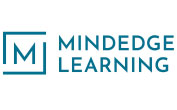
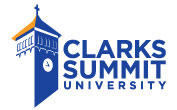
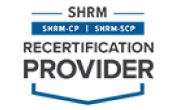
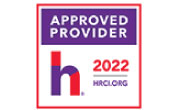
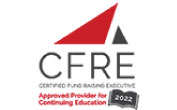
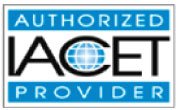
What You’ll Learn:
- Describe how nonprofits can develop and maintain a strong volunteer base
Describe the differences between a nonprofit board and a for-profit board
Describe the responsibilities of the nonprofit board
Describe why board evaluations are useful
Discuss different models for organizing a nonprofit board
Discuss the pros and cons of large versus small boards
Discuss typical nonprofit board and staff interactions
Explain different approaches for recruiting and filling a nonprofit board
Explain the reasons why people volunteer and how nonprofits can make volunteer programs more successful
Explain why nonprofit boards form committees
Benefits:

Instructor:
Rick Cramer, Subject Matter Expert
Bio:
Rick holds an M.A. in Social Science from Binghamton University. He also holds a Ph.D. in Educational Technology. Although his formal education is not specifically targeted on Business, he has extensive life experience working for a couple of Fortune 500 companies as well as owning his own businesses. He is currently a pastor at a growing, multi-site church where he has the opportunity to use his business expertise and his passion for discipleship. He teaches several college-level courses at Clarks Summit University. He manages the Nonprofit Management certificate offered by Clarks Summit University in partnership with MindEdge.
Time to Complete:
Learners will have 90 days from registration to complete the course. It is self-paced, with no need to be online at specific times.Location Information:
The login will be provided with instructions after registration.This microcourse is licensed for individual use only; course content cannot be recorded or shared with non-registrants.
This course includes an “Ask the Expert” feature. You can use this feature to submit questions about course content. A subject matter expert will provide guidance or point you to additional resources for the topics you’re studying. Questions are answered as quickly as possible and usually within 48 hours.
Learners must achieve an average test score of at least 70% to meet the minimum successful completion requirement and qualify to receive IACET CEUs.






Reviews